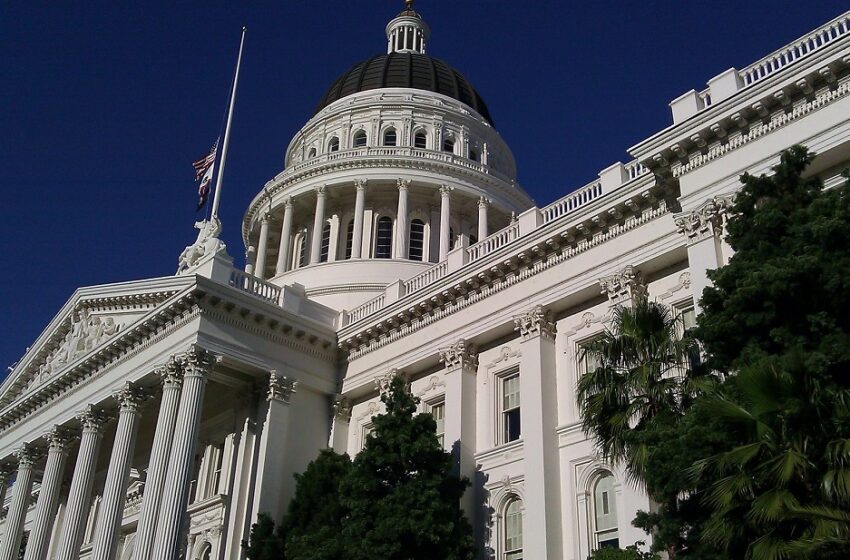Indian Americans seek Newsom veto on anti-caste discrimination bill

A group of Indian Americans want California Governor Gavin Newsom to veto the state’s anti-caste discrimination bill arguing it could lead to discrimination against Hindus in particular and amount to racial profiling.
At a protest rally in Sacramento on Saturday, opposers of Senate Bill 403 (SB403), which was recently passed by the State Assembly, asserted it is discriminatory and unfairly targets Indians.
READ: California caste bias bill clears Senate panel (April 27, 2023)
“We ask Governor Newsom to Veto SB403 so history remembers that you said no to discrimination against Indian Americans and said no to racially profiling our community!” Samir Kalra of the Hindu American Foundation said during the rally over the weekend, according to media reports.
The Hindu American Foundation is reportedly considering legal action to protect the rights of Hindu Californians.
“Silent march urging @GavinNewsom to veto the racist bill SB403. will our “silence” be heard. @CoHNAOfficial @mairal @ashajadeja325,” Harsh Singh wrote on X.
Read: California considers ban on caste discrimination (March 23, 2023)
The bill aims to add caste as a protected category under “ancestors” to the state Unruh Civil Rights Act and fair housing and employment laws. If signed into law, California would be the first jurisdiction outside India to ban caste-based discrimination.
The bill was introduced by Senator Aisha Wahab (D-CA), the first Muslim and Afghan American woman elected to the state legislature on March 22. It was overwhelmingly passed by the California Senate with a vote of 34-1.
“The more our communities become more and more diverse, we need to go further and deeper to protect more people — even when certain issues are more invisible to the mainstream public,” Wahab said.
READ: Seattle becomes first US city to ban caste discrimination (February 22, 2023)
California’s Unruh Civil Rights Act prohibits any business in California from engaging in unlawful discrimination against all persons (consumers) within California’s jurisdiction, where the unlawful discrimination is in part based on a person’s sex, race, color, religion, ancestry, national origin, age, disability, medical condition, genetic information, marital status, sexual orientation, citizenship, primary language, or immigration status.
The Unruh Act applies to all businesses in California, including hotels and motels, restaurants, theaters, hospitals, barber and beauty shops, housing accommodations, and retail establishments.
India’s caste system, which divides Hindus into four main categories, Brahmins, Kshatriyas, Vaishyas and Shudras, was outlawed in 1949.

